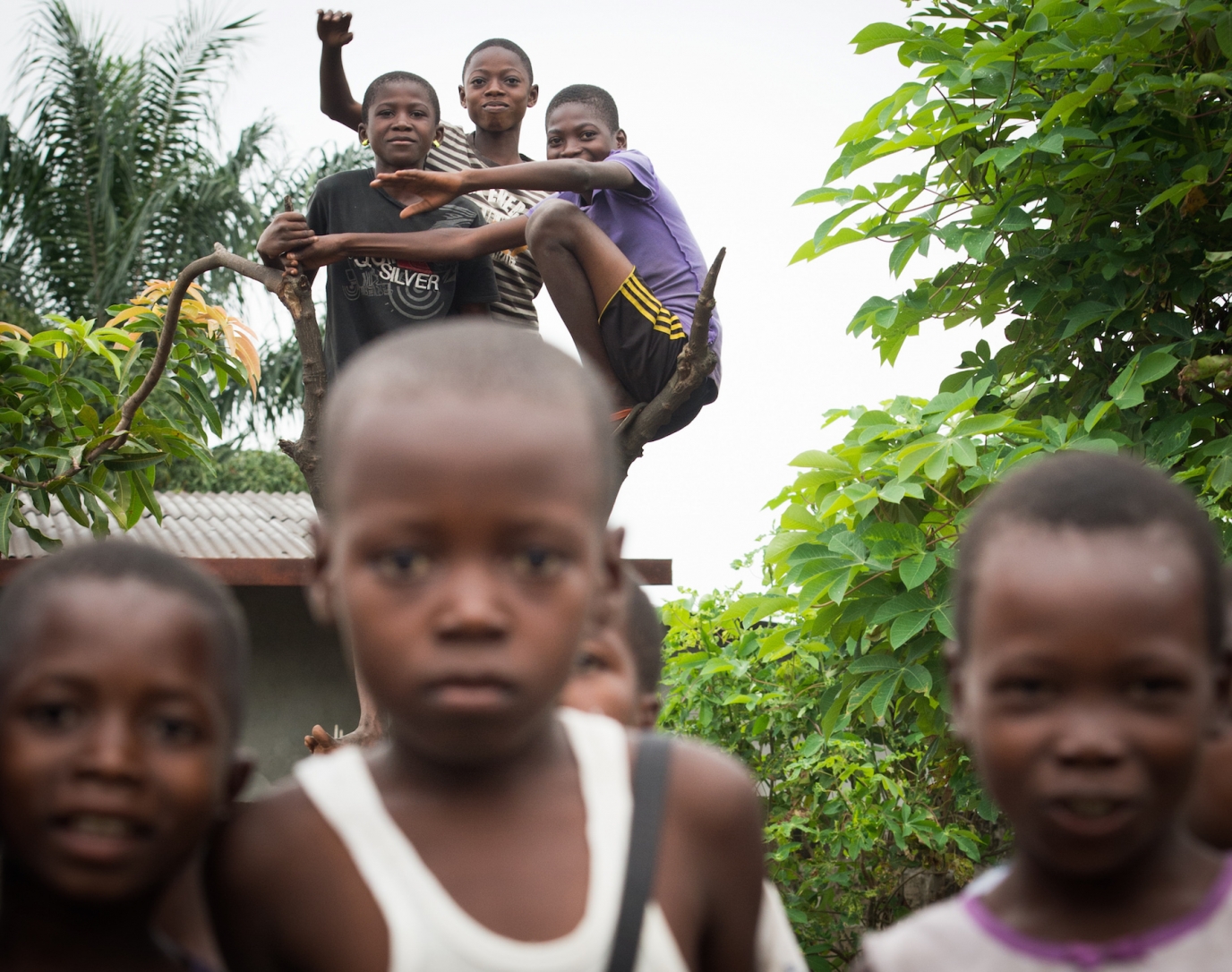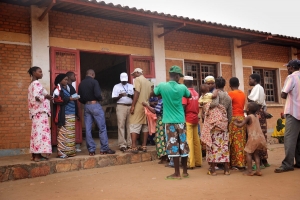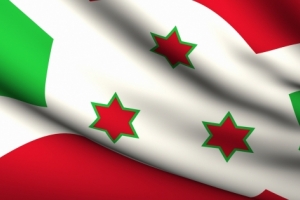Guinea and Burkina Faso new partner countries of Belgian development cooperation

On the proposal of Deputy Prime Minister and Minister for Development Cooperation, Alexander De Croo, the Federal Council of Ministers today approved a new list of fourteen partner countries for Belgian Development Cooperation. The present list of partner countries had not changed since 2004. Two new partner countries make their entry: Burkina Faso and Guinea. Besides the new list of partner countries, the international partner organisations of the multilateral cooperation were also decided.
Over the next few years, Belgian development cooperation aims to concentrate on fragile countries and post-conflict zones. It will do so in geographically homogenous regions: North and West Africa and the Great Lakes region. This substantive, geographic focus prevents fragmentation and enables a coherent approach to such cross-border problems as peace, security, regional stability, climate and migration.
Against the trend
At the same time, Belgium is opting for a clear focus on the least developed countries. The latest report (April 2015) of the OECD’s Development Assistance Committee (April 2015) shows that, last year, official development aid to the least developed countries and Sub-Saharan Africa fell by 16 % and 5 % respectively. Belgium is going against this trend with this new list of partner countries.
Alexander De Croo: “It is precisely in the least developed countries that official development cooperation is most needed. These countries have far less access to foreign investment, international trade or the capital market to finance their development needs. Belgium strives to direct at least 50 % of its official development aid to the least developed countries and calls on the international community to do the same.”
Two new partner countries
Two new countries make their entry as partner country of Belgian development cooperation: Burkina Faso and Guinea.
- Burkina Faso was a partner country of Belgian development cooperation until 2003. Recently, the country has seen political upheaval. By including Burkina Faso as partner country again, Belgium hopes to structurally support the democratisation process.
- Guinea, one of the poorest and most fragile countries in West Africa, was badly affected by the Ebola epidemic. Our country became involved there through financial contributions and a number of direct interventions. For instance, the B-Life laboratory was operational there for three months. Now that Guinea and the international community are gradually getting to grips with the Ebola epidemic, Belgian development cooperation aims to provide a structural contribution to rebuilding the country. Among other things, Belgium will devote itself to strengthening the health care system.
Six middle-income countries are no longer partner countries of the governmental cooperation: Vietnam, Peru, Ecuador, Bolivia, Algeria and South Africa. These countries now come into an exit programme of maximum four years in which the current interventions of the governmental cooperation will be wound up and other forms of cooperation prepared with the actors of the non-governmental cooperation, such as NGOs and universities.
Approach to fragmentation
In addition to the new list of partner countries, the partner organisations for the multilateral cooperation were also decided. Today, Belgian development cooperation has twenty multilateral partner organisations. Their number was taken to fifteen with a view to preventing fragmentation and better harmonising the multilateral and governmental cooperation.
The new list of partner organisations contains fourteen organisations, which are also on the current list. They were retained because their core tasks fit in closely with the lines of force of Belgian development policy: agricultural and food security (FAO, CGIAR), health (WHO, GFATM, UNAIDS), human rights (OHCHR), gender and women’s rights (UN Women), children’s rights (UNICEF), good governance and capacity building (UNDP), demography and sexual and reproductive rights (UNFPA), decent work (ILO), migration (IOM) and environment (UNEP).
One new organisation is added: the Tax Policy and Administration Topical Trust Fund (TPA TTF). Structurally joining this programme reflects the importance of correctly collecting taxes for the development of countries. Inclusive economic growth, the prevention of extreme poverty and the combating of inequality are only possible if a correct system for collecting taxes is set up.
Four humanitarian organisations (ICRC, UNHCR, OCHA and WFP) are protected as humanitarian partner organisations through the Royal Decree of 19 April 2014 on humanitarian aid and no longer need to be included on the list of partner organisations of the multilateral cooperation. The UN Capital Development Fund (UNCDF) disappears from the list because it is accommodated with UNDP, the contributions to the UN Volunteer Programme (UNV) are being phased out and the International Fund for Agricultural Development (IFAD) is also no longer being kept as partner organisation due to the overlapping with two other partner organisations, which have agricultural and food security as their core task.


